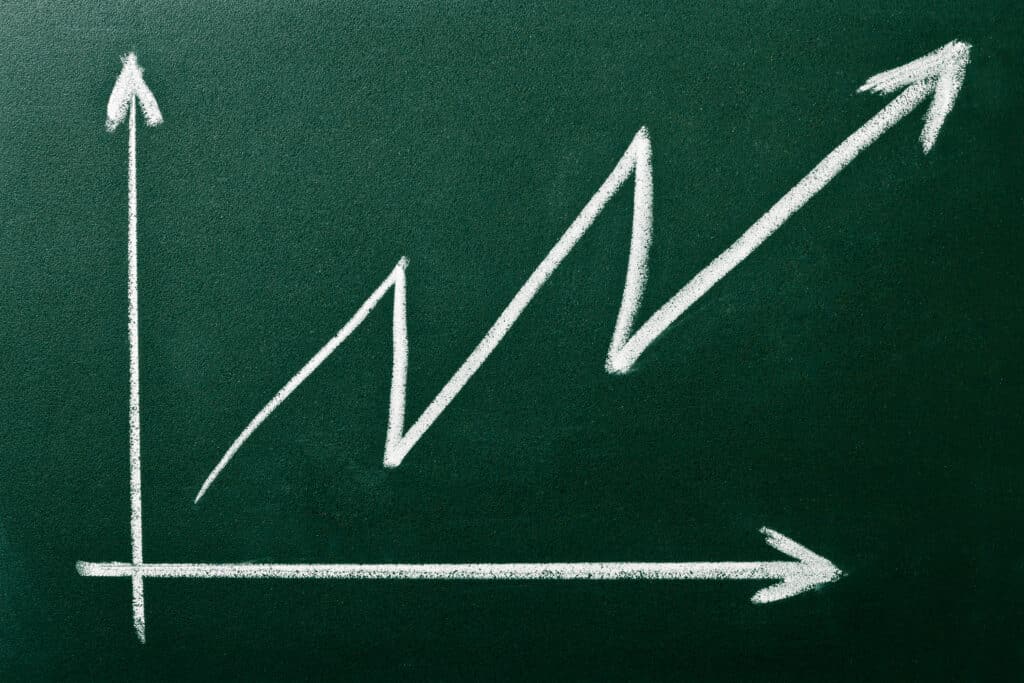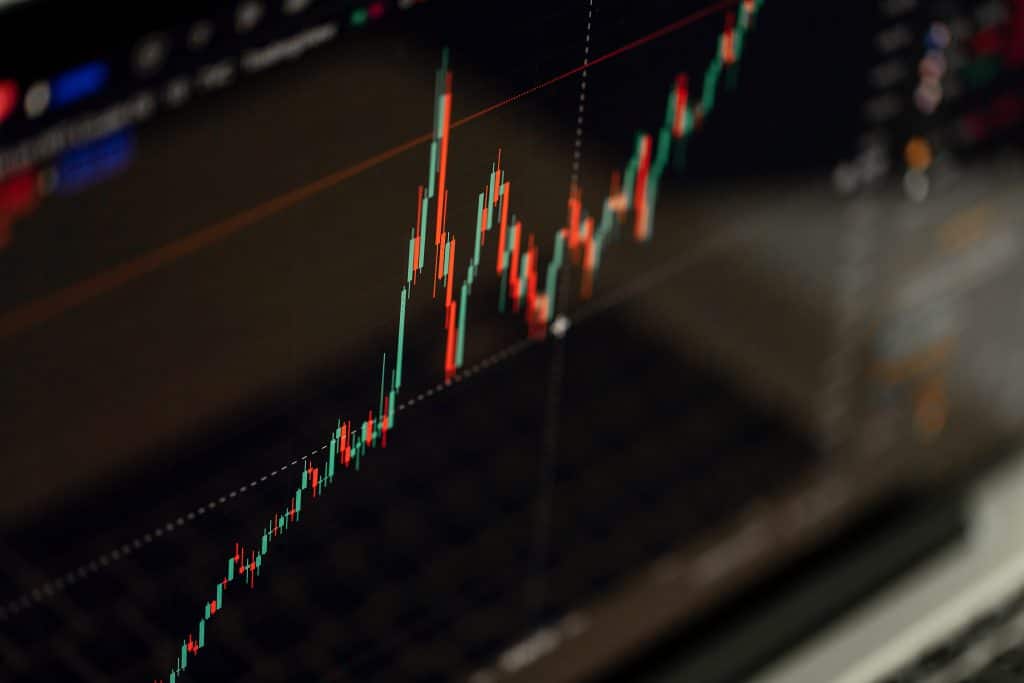The 3 Biggest Mistakes New Traders Make
Introduction
Trading 3 Biggest Mistakes can be a significant hurdle in achieving success in the financial markets. For new traders, the journey is often fraught with challenges that can be daunting. Understanding these pitfalls is the first step towards developing a robust trading strategy. In this article, we delve into the three biggest mistakes new traders make, offering insights and strategies to help you navigate the complex world of trading.
Mistake #1: Lack of Proper Education and Research
One of the most common trading mistakes is entering the market without adequate education and research. Trading is not just about buying low and selling high; it requires an in-depth understanding of market trends, economic indicators, and various asset classes. New traders often underestimate the importance of Market Analysis, leading to ill-informed decisions and significant losses.
Education in trading involves understanding the fundamentals of the markets, including how different economic factors like interest rates and inflation impact asset prices. It’s also about getting familiar with technical analysis, which involves analyzing historical price patterns to predict future market movements. Without this knowledge, traders are essentially gambling, relying on luck rather than informed decisions.
Moreover, continuous research is vital. The financial markets are dynamic, and what worked yesterday may not work today. Successful traders are always learning, adapting their strategies to new information and market conditions. This approach not only helps in making better investment decisions but also in identifying potential risks and opportunities in the market.
Mistake #2: Poor Risk Management
Another critical mistake is poor Risk Management. Trading inherently involves risk; however, managing this risk is what separates successful traders from the rest. New traders often make the mistake of either being too risk-averse or taking on excessive risk without proper safeguards.
Effective risk management starts with understanding your risk tolerance and setting clear trading goals. It involves setting stop-loss orders to limit potential losses and not putting all your capital into a single trade. Diversification is another key strategy – spreading your investments across different asset classes can reduce the overall risk of your portfolio.
It’s also important to avoid the temptation of ‘revenge trading’ – trying to recover losses quickly by making more trades. This often leads to a cycle of bad decisions and increased losses. A disciplined approach, sticking to your trading plan even in the face of losses, is crucial for long-term success.
Mistake #3: Letting Emotions Drive Decisions
The third major mistake is allowing emotions to drive trading decisions. The highs and lows of trading can be emotionally taxing, and it’s easy to get caught up in the moment. However, decisions driven by emotions like fear and greed often lead to irrational choices and trading mistakes.
Understanding Trading Psychology is essential. It’s about maintaining a level head, being patient, and not succumbing to the emotional rollercoaster of trading. Developing a trading plan and sticking to it can help in this regard. This plan should include your investment goals, risk tolerance, and criteria for entering and exiting trades. By adhering to this plan, you can make decisions based on logic and strategy rather than emotion.
Mindfulness and emotional self-awareness are also key. Being aware of how you’re feeling and how it might impact your trading decisions is crucial. Sometimes, taking a step back and reassessing your strategy can be more beneficial than making impulsive trades.
Additional Considerations in Trading
Beyond these common mistakes, there are other aspects to consider, such as Investment Strategies and Financial Planning. Each trader has a unique financial situation and goals, and your strategy should reflect this. Whether it’s short-term trading or long-term investing, aligning your strategy with your financial objectives is crucial.
Also, staying updated with market news and trends is important. The financial markets are influenced by a myriad of factors, including geopolitical events, economic data releases, and corporate news. Keeping abreast of these developments can provide valuable insights and help in making informed trading decisions.
Conclusion
In conclusion, avoiding these trading mistakes is crucial for anyone venturing into the world of trading. Education and continuous research, effective risk management, and keeping emotions in check are fundamental to developing a successful trading strategy. Remember, trading is not a sprint but a marathon. It requires patience, discipline, and a willingness to learn and adapt. By being mindful of these common pitfalls, new traders can set themselves on a path to trading success.
Best of luck,

Billy Ribeiro is a renowned name in the world of financial trading, particularly for his exceptional skills in options day trading and swing trading. His unique ability to interpret price action has catapulted him to global fame, earning him the recognition of being one of the finest price action readers worldwide. His deep comprehension of the nuances of the market, coupled with his unparalleled trading acumen, are widely regarded as second to none.
Connect with us:




